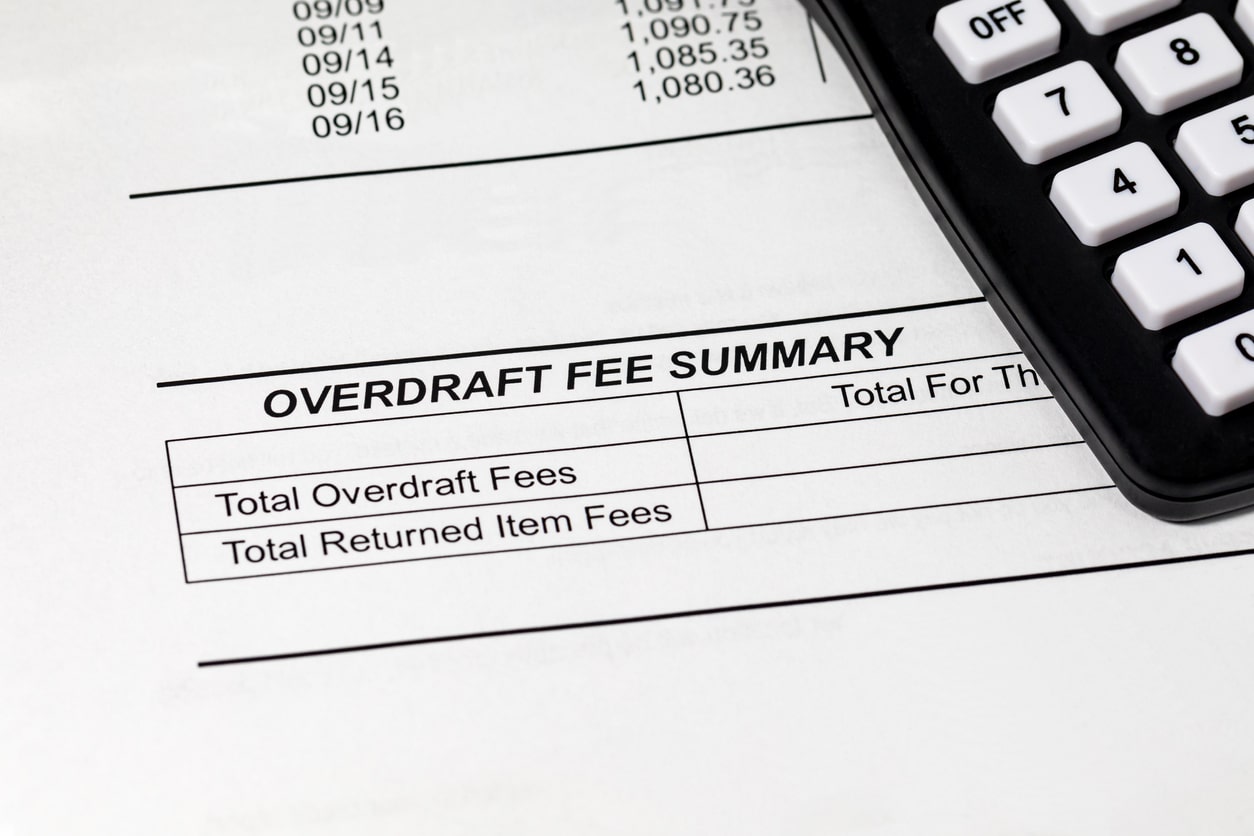The Consumer Financial Protection Bureau is taking aim at “junk fees” that cost American consumers plenty. The CFPB expects that its new guidance on these fees will save Americans about a billion per year.
The junk fees the CFPB has on its radar cover a wide variety of charges. As Time notes, they range from bounced check fees to surprising, hidden fees tacked onto consumers’ hotel rooms, cable bills, flights and more. Take the bounced check fee. This charge occurs when you deposit a check that bounces. Some banks will charge you anywhere from $10 to $19. The CFPB points out that this penalizes the depositor, who had no clue the check would bounce. Meanwhile, there is no penalty to the person who wrote the bad check.
Another key part of the CFPB’s new guidelines is its warning to big banks that they should not be charging overdraft fees on transactions when a customer’s account showed sufficient funds at the time of purchase or withdrawal. The fee is charged when the account has another, earlier transaction billed to it, thus making it have insufficient funds to cover the newer transaction. These fees can be anywhere from a few dollars up to $36. And that’s per transaction. Banks made a ton of money on these fees. Before the pandemic, they raked in $15 billion in overdraft and non-sufficient funds fees per year.
If you feel like you’ve been hit by junk fees, you should contact your bank. See what can be done about possible refunds and how you can avoid the changes going forward. If the bank won’t budge, seek out a credit union or community bank that doesn’t charge as many fees. There are many out there, you just have to be willing to make the switch.






